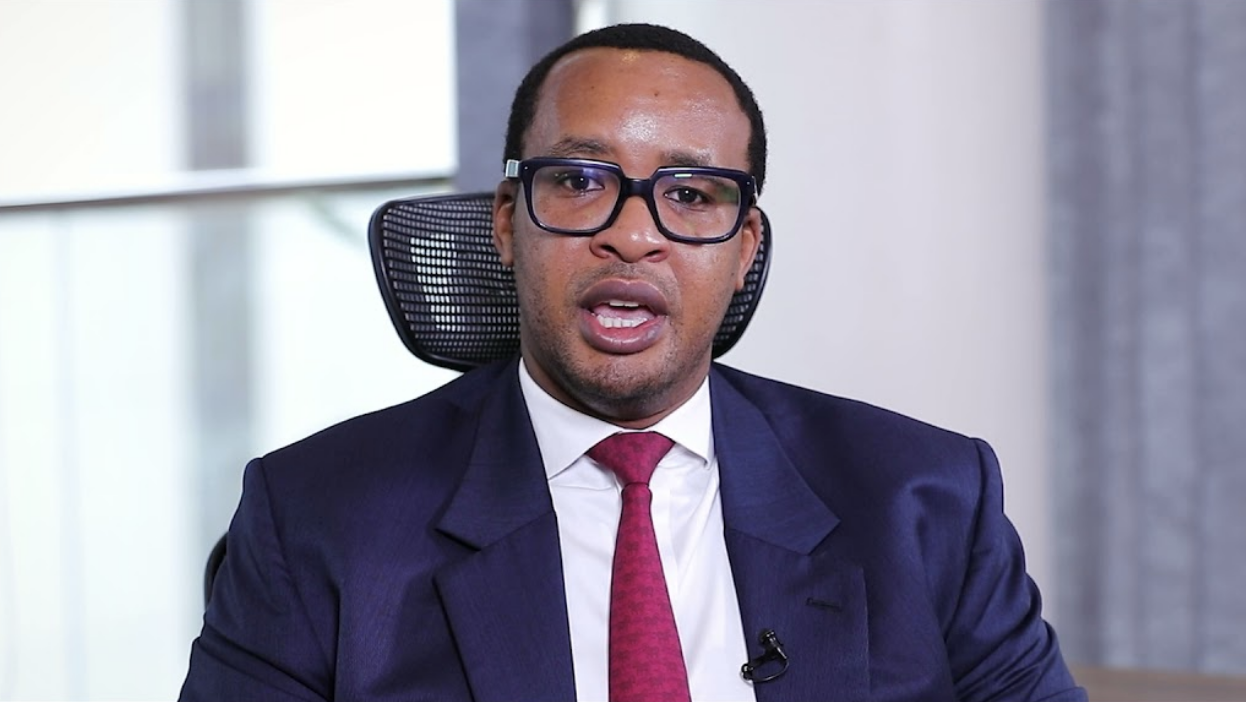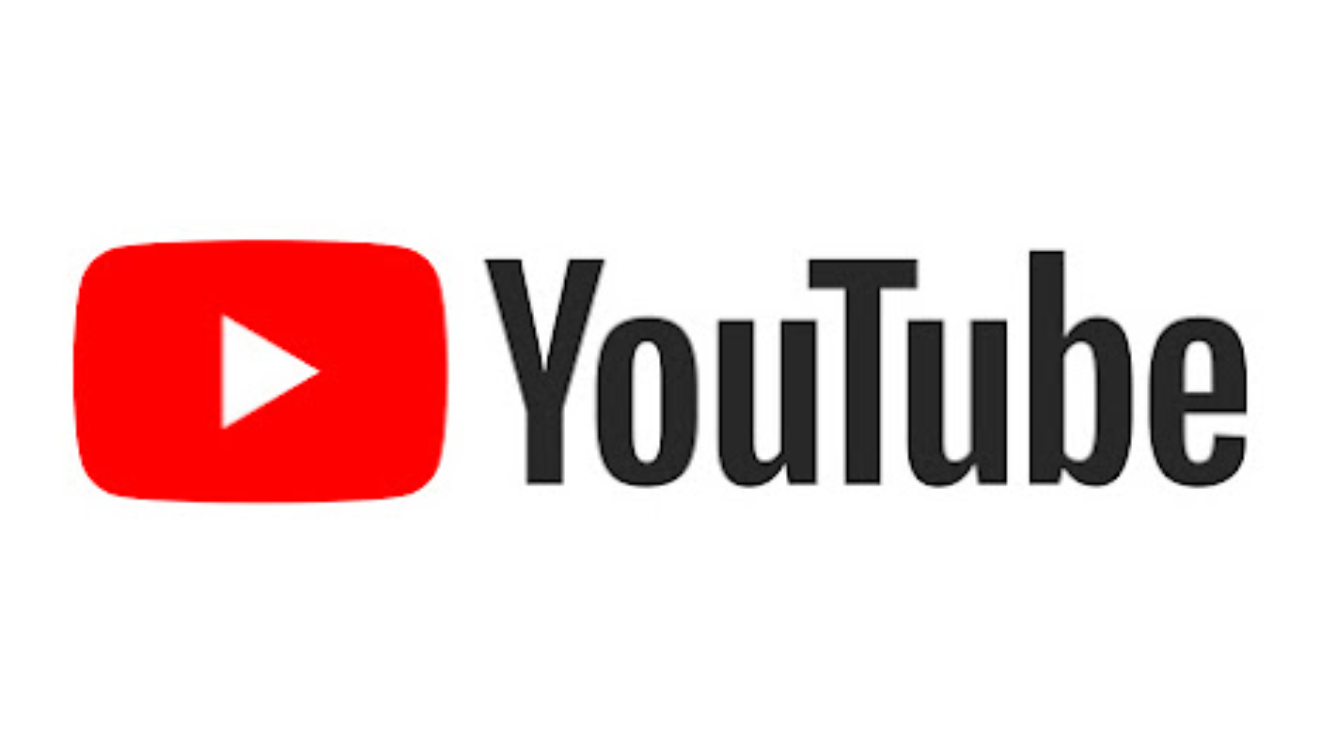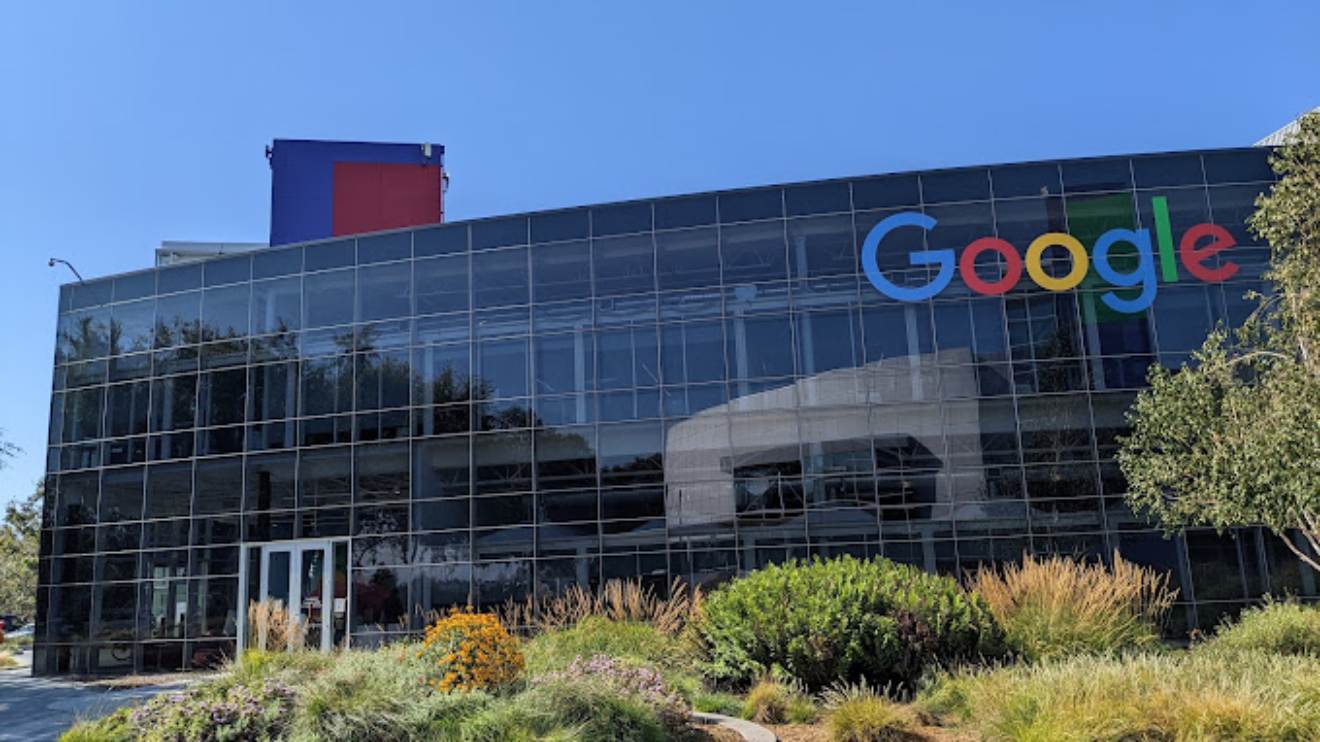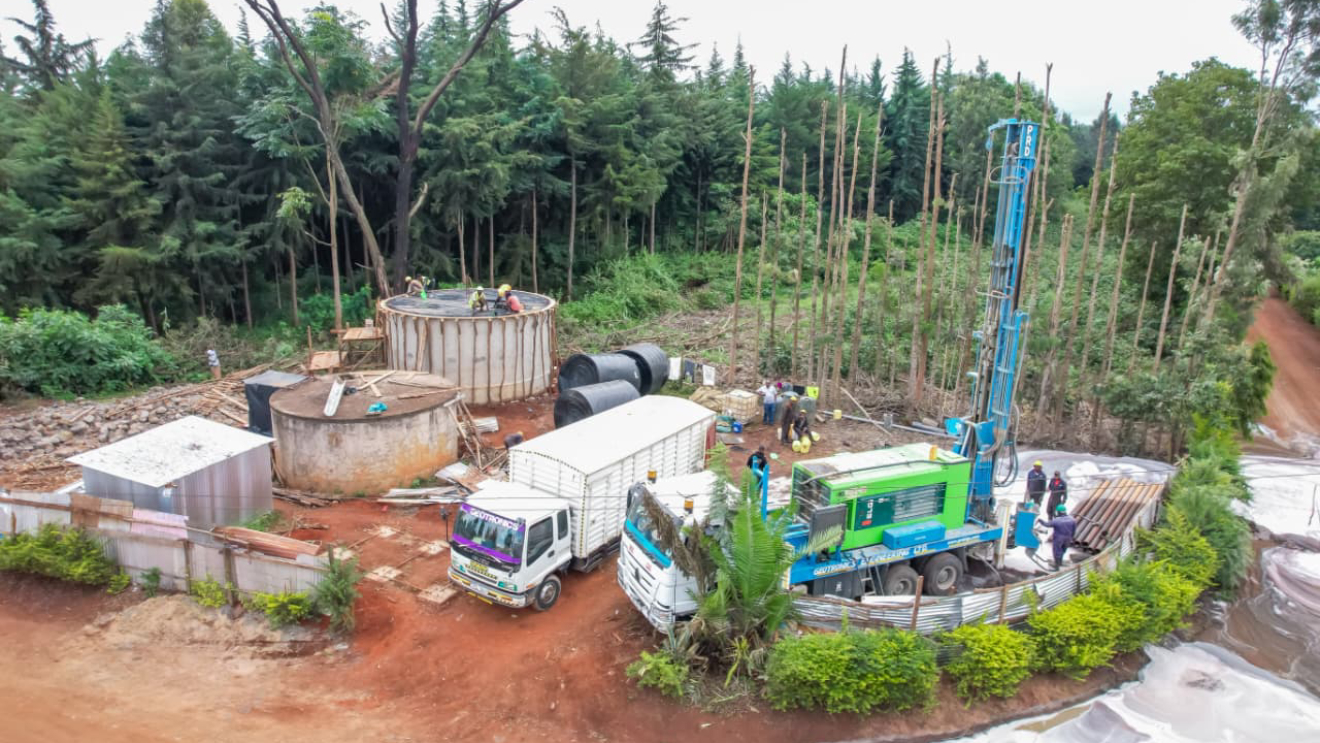She is an award-winning artist, Amnesty International Kenya Board member, visual arts trained disability and inclusion champion, YouTuber and public speaker.
Crystal Asige is blind but this has never deterred her from reaching for the skies and leaving an indelible mark in all the spheres she has ventured into.
She has a great sense of humor and she is nuts about music, expression, rights and freedoms, diversity and inclusion, and is a champion for accessibility for all.
“I seek to create awareness around the inter-sectionalities of being a young, black-African, female entrepreneur and leader with an invisible disability. I endeavor to set up models that disrupt negative perceptions, with the hope that I will have exponential impact in society at large.”
Crystal’s love for arts began at a tender age when she comprehended her abilities and the importance of standing alone.
Read More
“Inventing songs in my head to express how the bullies in nursery school made me feel sad and lonely at age 3 may have been ‘cute’ to my mum at the time, but in retrospect Art saves people. Art has the power to transform my sorrows into beauty and to turn my despair into hope.
“Brenne Brown puts it this way: music gives our most heart-wrenching pain voice, language and form so that it can be recognized and shared. Even having no way to articulate it as well as she did, somehow I had that deep knowing somewhere inside of me when I sang about the bullies as a little girl to my mum.”
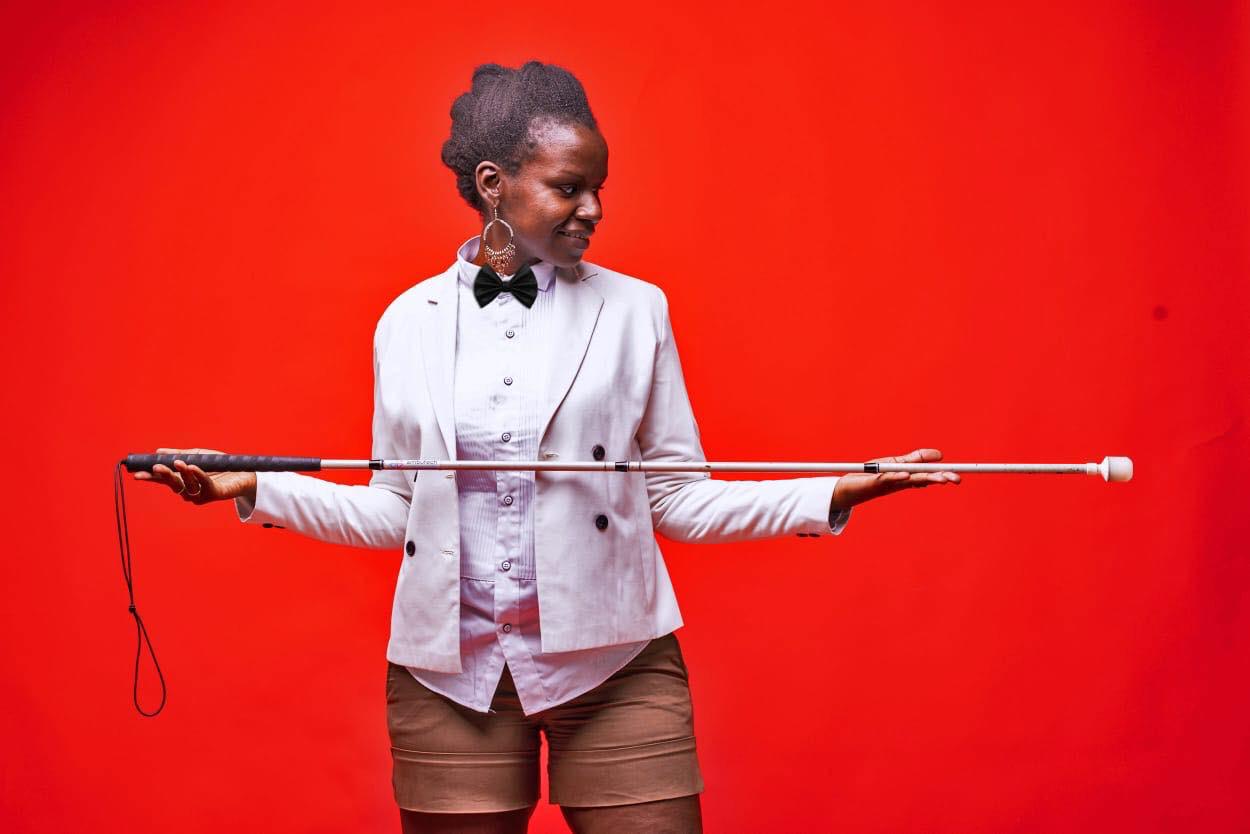 Crystal Asige. PHOTO/COURTESY
Crystal Asige. PHOTO/COURTESY
She mentioned three key achievements in her musical life:
1. Performing internationally.
2. My music reaching #1 in a UK chart show.
3. Writing and performing with some of the biggest musicians in East Africa.
“But the most significant to me is being brave enough to dream something and achieving it.”
So how did she lose her sight and where did her passion for disability rights emanate from?
“No one wants to live a life without basic human rights, dignity, integrity, autonomy or a life where you are invisible, and persons with disabilities are no different.
“Because I wasn’t born like this, my perspective is from both sides of the coin and that’s why I’m so passionate about it. Since High School, my eyesight steadily declined because of glaucoma aka the silent thief of sight.”
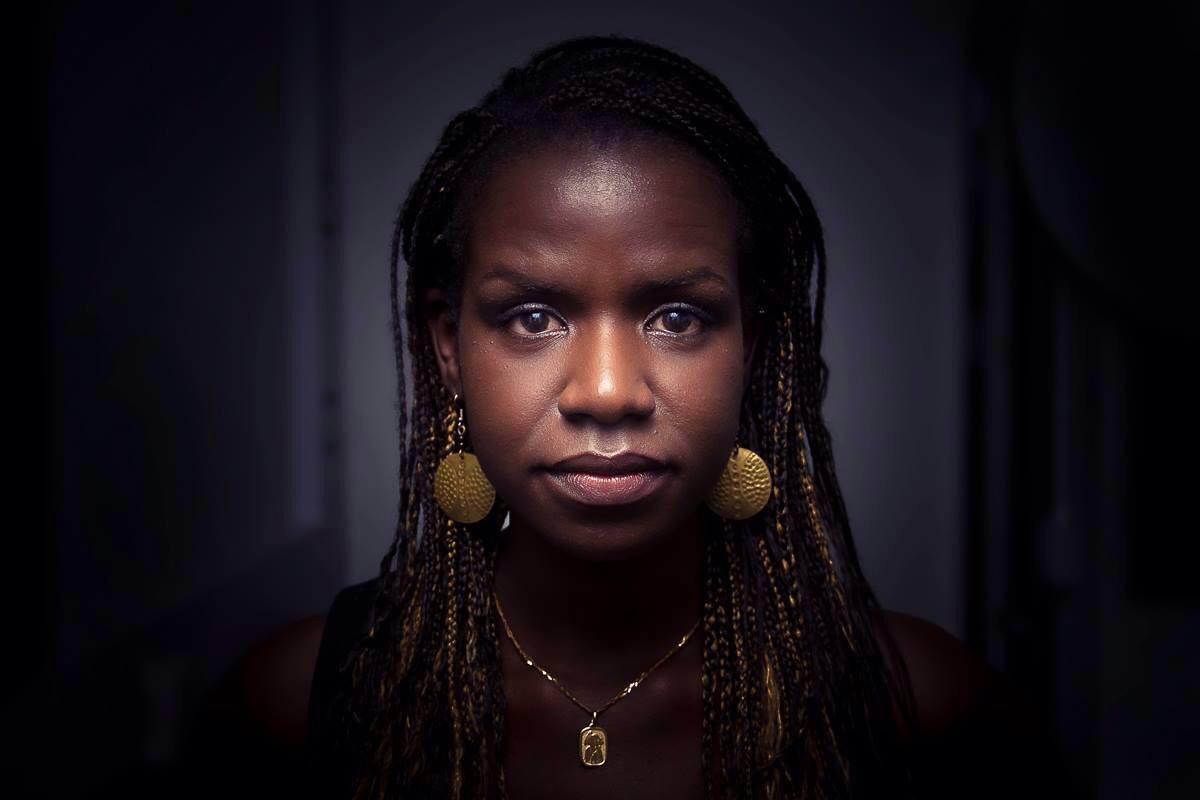 Crystal Asige. PHOTO/COURTESY
Crystal Asige. PHOTO/COURTESY
Glaucoma is an eye condition that causes damage to the optic nerve, which is important for your vision.
“With my white cane which I lovingly named Faith (because I walk by faith and not by sight), I now live as a visually impaired person, but personally prefer the term VIP!”
Crystal shared the lessons the Covid-19 pandemic has taught her and also how disability inclusion can form a key part of response to Coronavirus.
“As a community, we have been disproportionately affected by the pandemic because our needs and abilities are incredibly more nuanced than the non-disabled.
“Kenya’s environment was already disabling for us, but now there are massive gaps in the medical facilities such as training of medical staff on how to care for Persons with Disabilities (PWDs).”
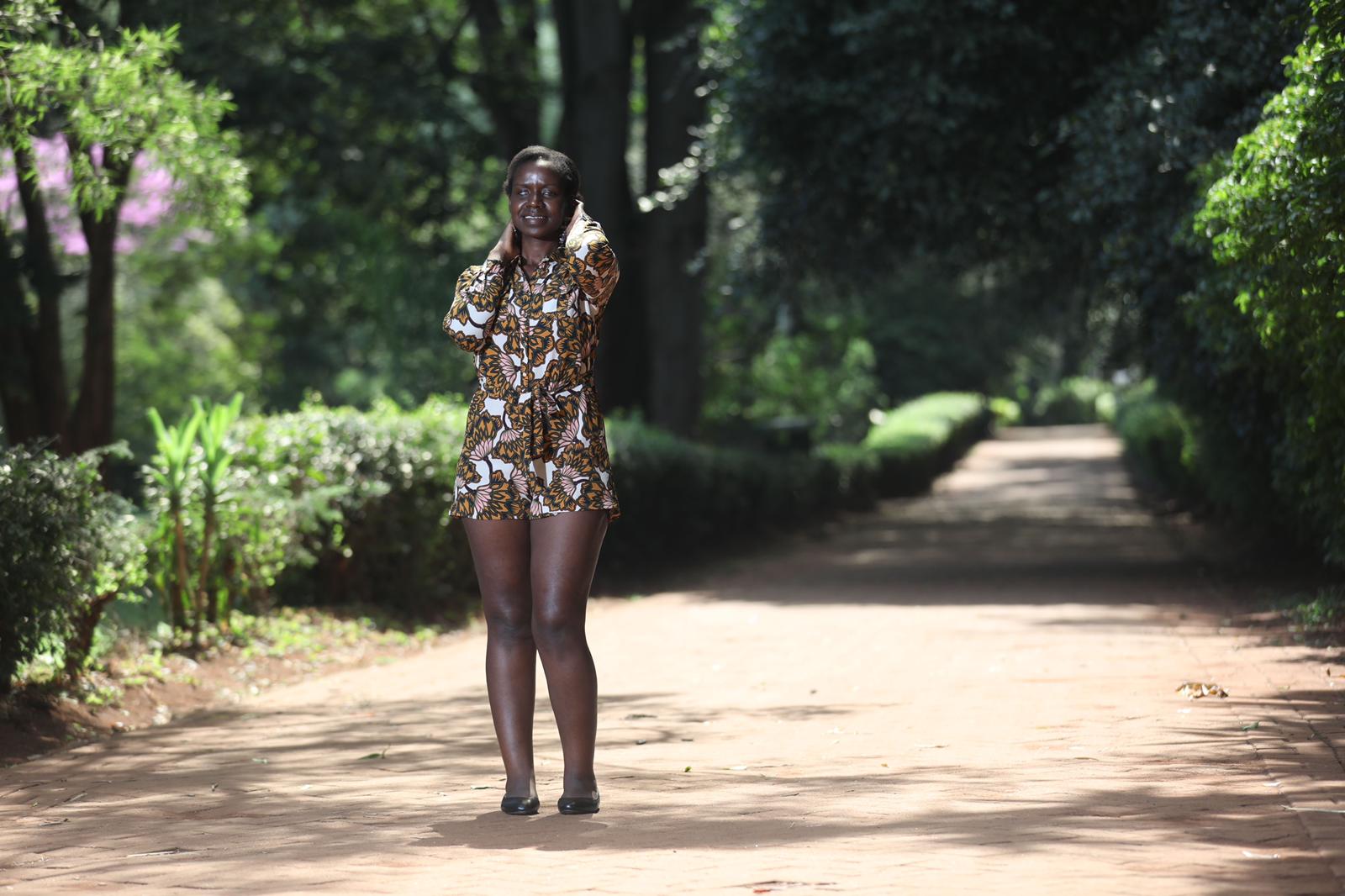 Crystal Asige. PHOTO/COURTESY
Crystal Asige. PHOTO/COURTESY
She said there are gaps in the accessibility of public transport, building of e-learning platforms, accurate national data on PWDs, sufficient budget allocations, access to information, protection against violence and sexual abuse towards women and girls with disabilities and sustainable programs to benefit our community.
She says these gaps continue to leave her community more vulnerable than ever.
“I believe Gandhi said a great Nation is measured by how it treats its weakest members.”
She pointed out that her personal challenges have been around these three questions:
• How do I continue checkups with my glaucoma doctors in hospitals that are full?
• How can I afford to pay for myself and my sighted guide on public transport when prices aren’t being regulated?
• How can I even social distance at all if I need to grab someone’s elbow to assist me to get around?
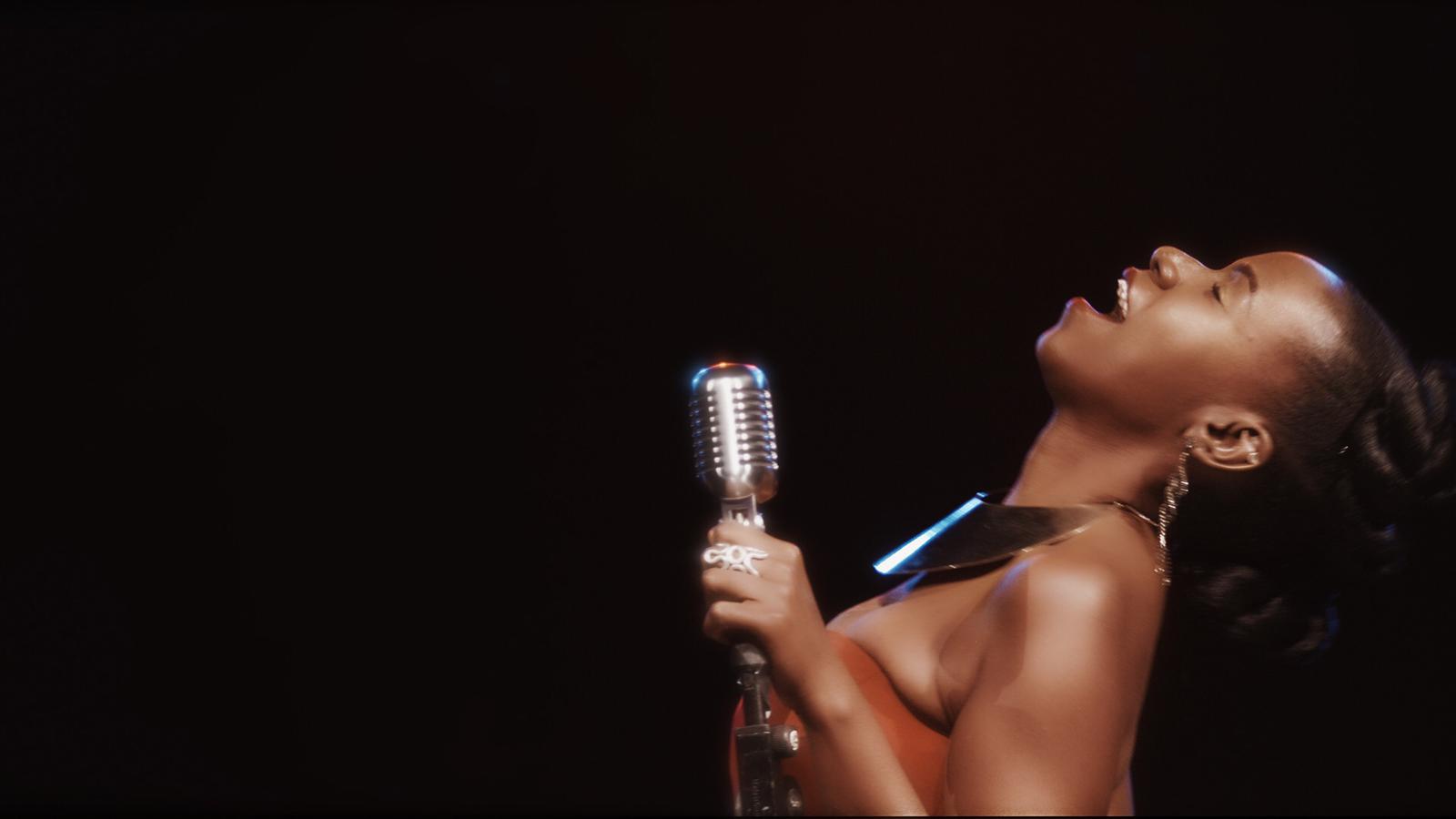 Crystal Asige. PHOTO/COURTESY
Crystal Asige. PHOTO/COURTESY
“Working online is also challenging because it ends up being a very visual means of communication when others forget there is a visually impaired person in the meeting.
“Online Government platforms are also very inaccessible for me to navigate. If you ask me, ability mainstreaming must be prioritized otherwise we may be in danger of a very non-inclusive, post-Covid world.”
The musician also runs an interesting YouTube channel dubbed Blind Girl Manenoz (BGM).
“BGM came about when I returned home to Mombasa from studying abroad and people that knew me from High School noticed my eyesight had declined much further.
“They would ask me many questions like how did you finish University? How do you cook? How do you clean? How do you go shopping? How do you travel? What do you do now for fun? I got exhausted answering everyone’s questions individually because of constantly repeating myself, so I decided to put my film and theatre degree into use and start making YouTube videos showing people the ways in which I have adapted.”
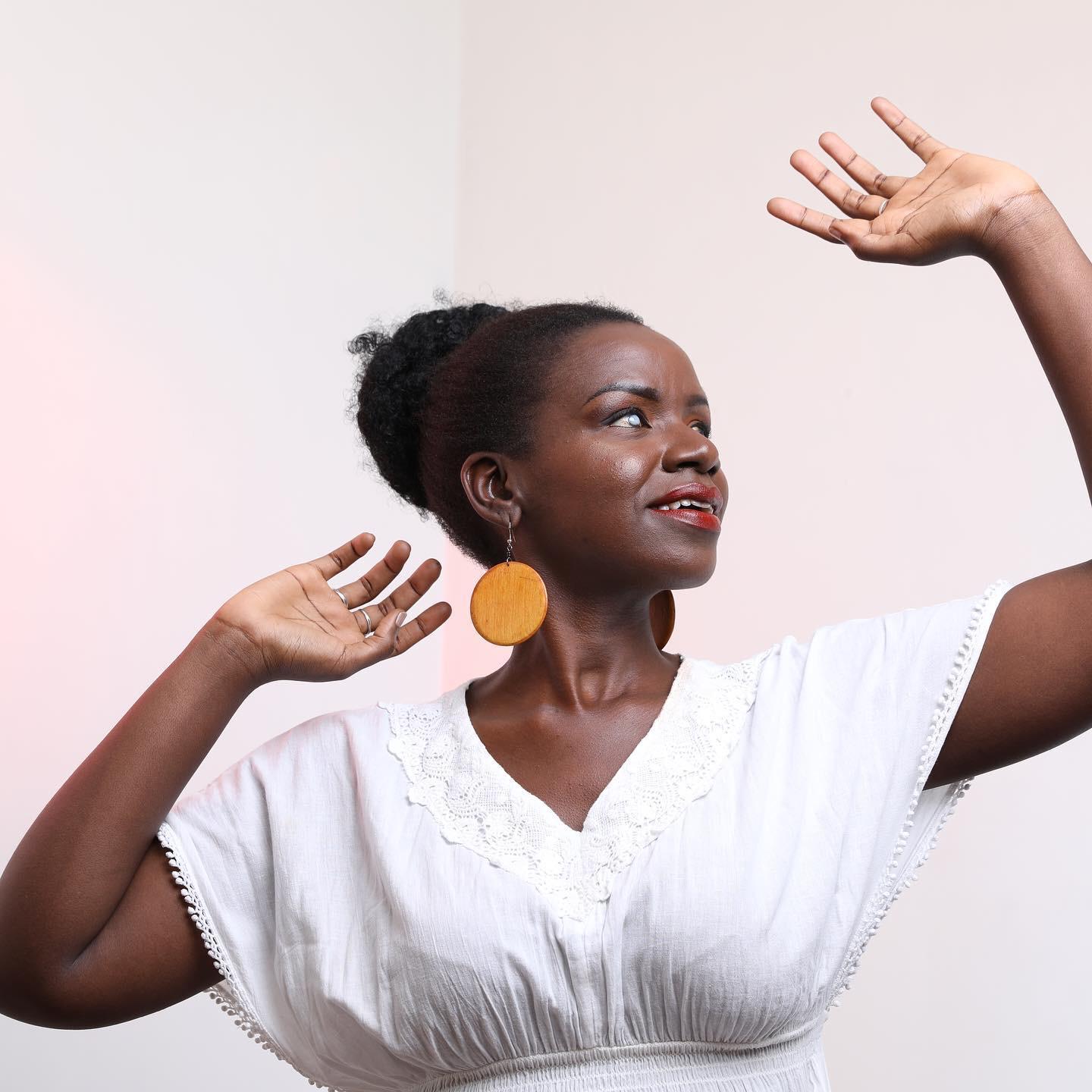 Crystal Asige. PHOTO/COURTESY
Crystal Asige. PHOTO/COURTESY
She was part of the project MapAbility, a tool that was created through the Open Institute to assess how accessible buildings in Nairobi are for everyone, especially people with disabilities.
“MapAbility’s bottom line was about universal design. It brought awareness to the general public, for the very first time in most cases, that being an inclusive society doesn’t just mean building a ramp at a door and more importantly, it isn’t only useful to PWDs. The disabled community is the biggest minority group in the world.”
She said approximately 15 per cent of the global population identified with some form of disability, meaning people with less ‘traditional’ disabilities can benefit from universally designed environments.
“For example, if a pavement is built correctly and maintained regularly on par with global standards, it wouldn’t just benefit a wheelchair user using that pavement.
“Children could use it and be safe, mothers with baby stroller too, people pulling their heavy trolley bags and suitcases, VIPs with their white Keynes who need to avoid obstacles, passengers getting on and off public transport at a bus stop; the elderly, people with injuries like a sprained ankle, so on and so forth.”
She called on governments to prioritize universal design of its environments to make the lives of all people easier, no matter their ability or disability.
“The work that we did resulted in a lot of civic engagement of people interested in a more inclusive society, acknowledgement from the Ministry of Social Protection and Labour, engineers, manufacturers and designers applying this in their work, and a continued effort from private building owners and implementing long-term strategies to this effect.”
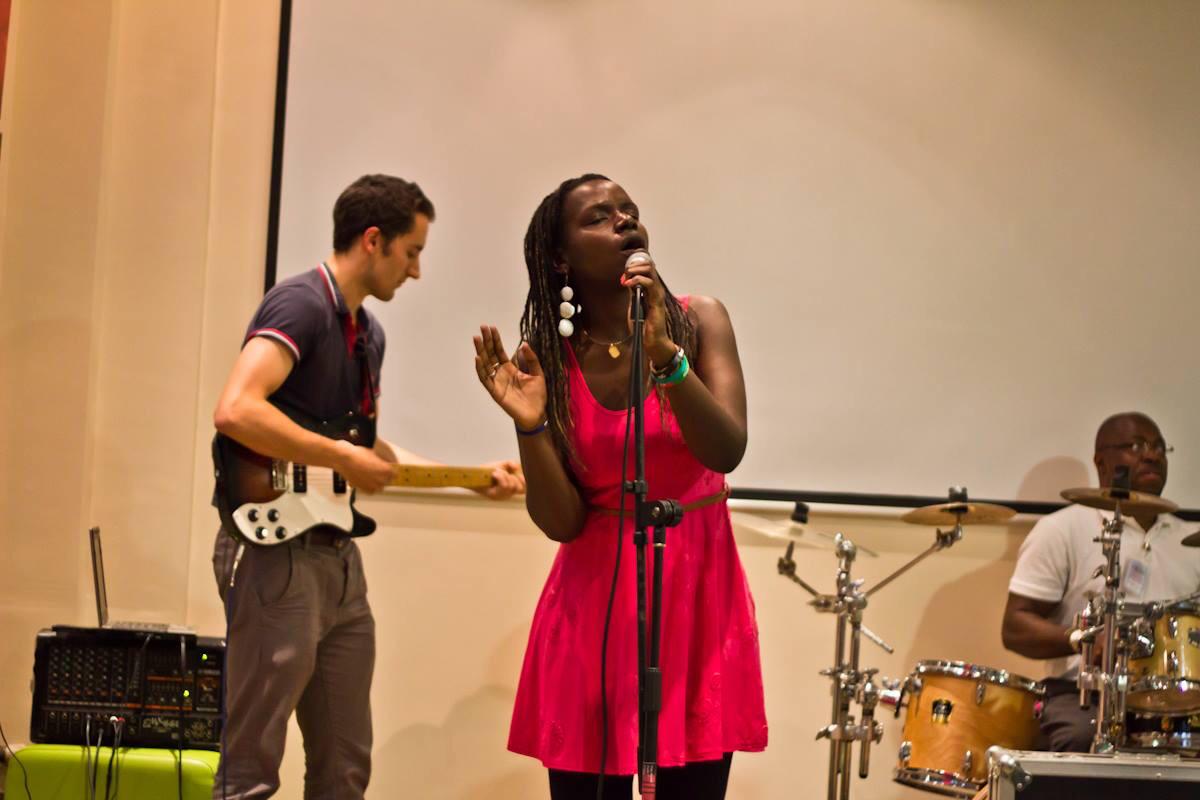 Crystal Asige. PHOTO/COURTESY
Crystal Asige. PHOTO/COURTESY
These are the two values that are most important to Crystal:
1. Empathy: Always remember that the other person could be you. When you can remember that your loved one, your neighbour, a work colleague, the shopkeeper, the courier guy, your doctor, the kids in your apartment building aren’t so different to you at all, then you remember that they are searching for love, respect, belonging, significance, growth, adventure and a sense of certainty just like you are.
Remembering this helps me move through the world with more compassion, kindness and understanding even when people may not extend the same to me in that moment.
2. True-to-Self; Another value is remembering who I am and not conforming. Because whenever I conform to please another, I am enabling that person to believe that I am willing to put their happiness over my own. Whenever we choose ‘fitting in’ over belonging to ourselves, it disempowers us. That is a deep pain to bare.
So, how does she describe yourself and how do others perceive her?
“I am a dreamer, a student of life, a powerful creator who also enjoys laughing, feeling good, peace and simplicity. I think I came here with this mountain, so that I can show others that it can be moved. As of how others describe me, that is less of my business really. Whatever they say is alright regardless.”
She also spoke about her little tribe known as Patreon.
“Being an independent female artist with a disability in Africa isn’t easy, if Who I am and what I stand for resonates, I would love you to join my little tribe over on www.patreon.com/crystalasige.
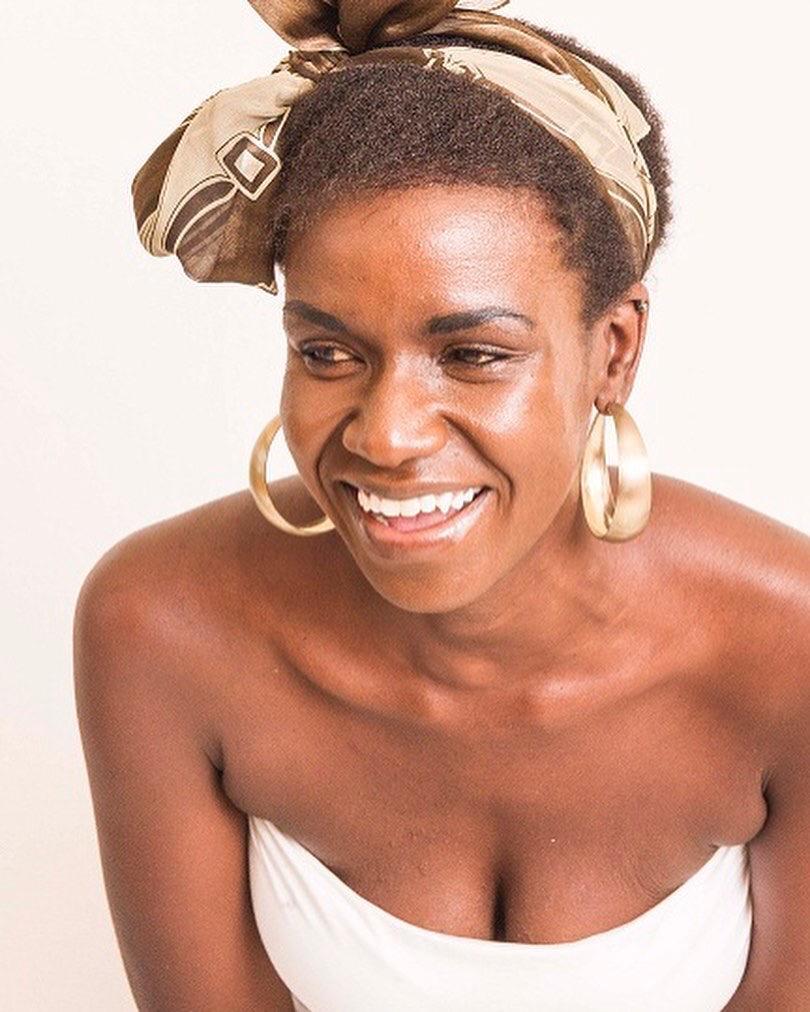
Crystal Asige. PHOTO/COURTESY
Patreon is used by creatives like her to build a community of supporters who really believe in their favourite artists’ craft and want to get behind them.
“Think of it as you contributing to my “success kitty jar” every month with whatever you can, allowing me to remain creatively independent and financially sustained, making it easier on me to give you even more great music and edu-tainment.
She said the direct support helps artists like her to continue creating without constantly pinching pennies or giving up altogether for lack of resources.
“What I would like to give in return for joining my Patreon are some great benefits and exclusive content you wouldn’t get anywhere else including access to a chat platform of superfans only, behind the scenes passes, monthly virtual calls with me where I will do all sorts to better connect with you on a personal level, special offers to Patreons only and more yummy perks in store.
Her wish is to ensure that the platform is not just another transactional type for users and instead be meaningful, inclusive, and just good old fun.
“I have Glaucoma, that’s true, but you know what? Glaucoma does not have me!,” she averred as she concluded the interview.

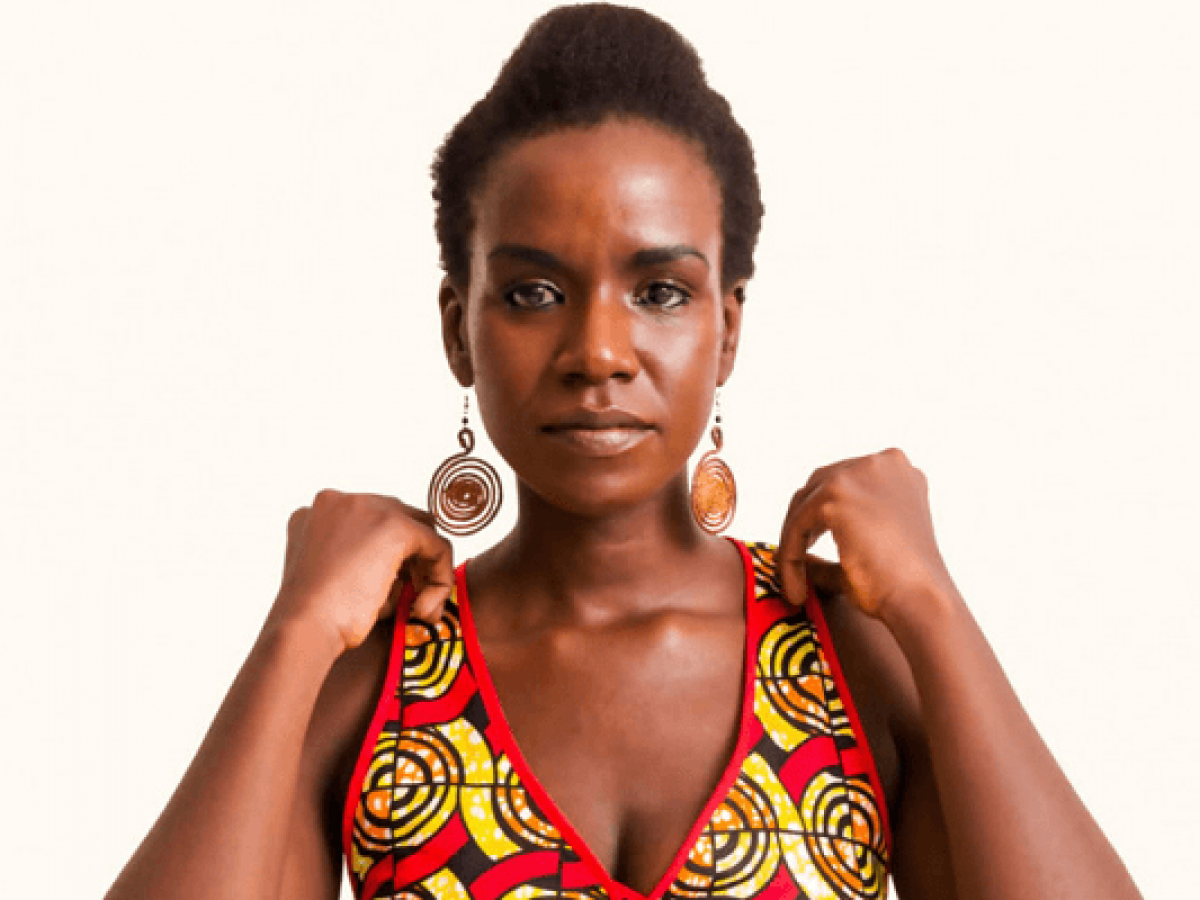
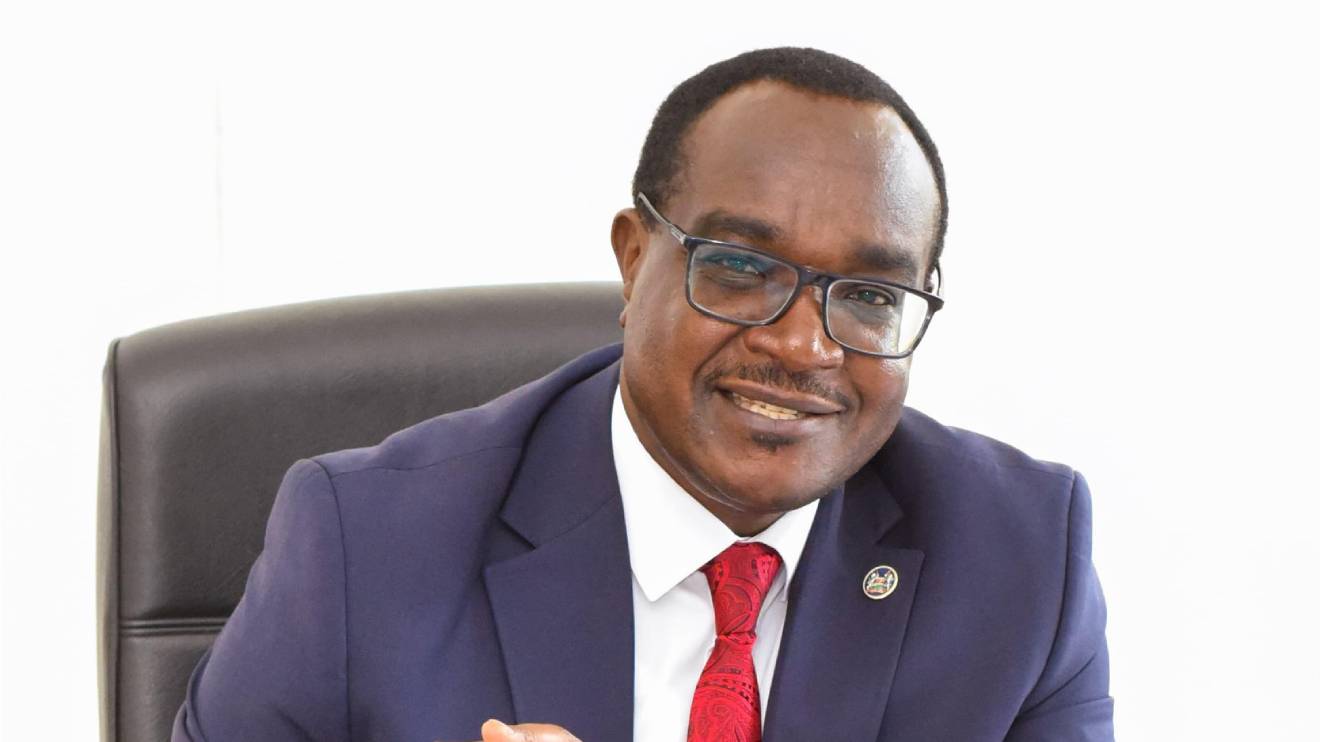
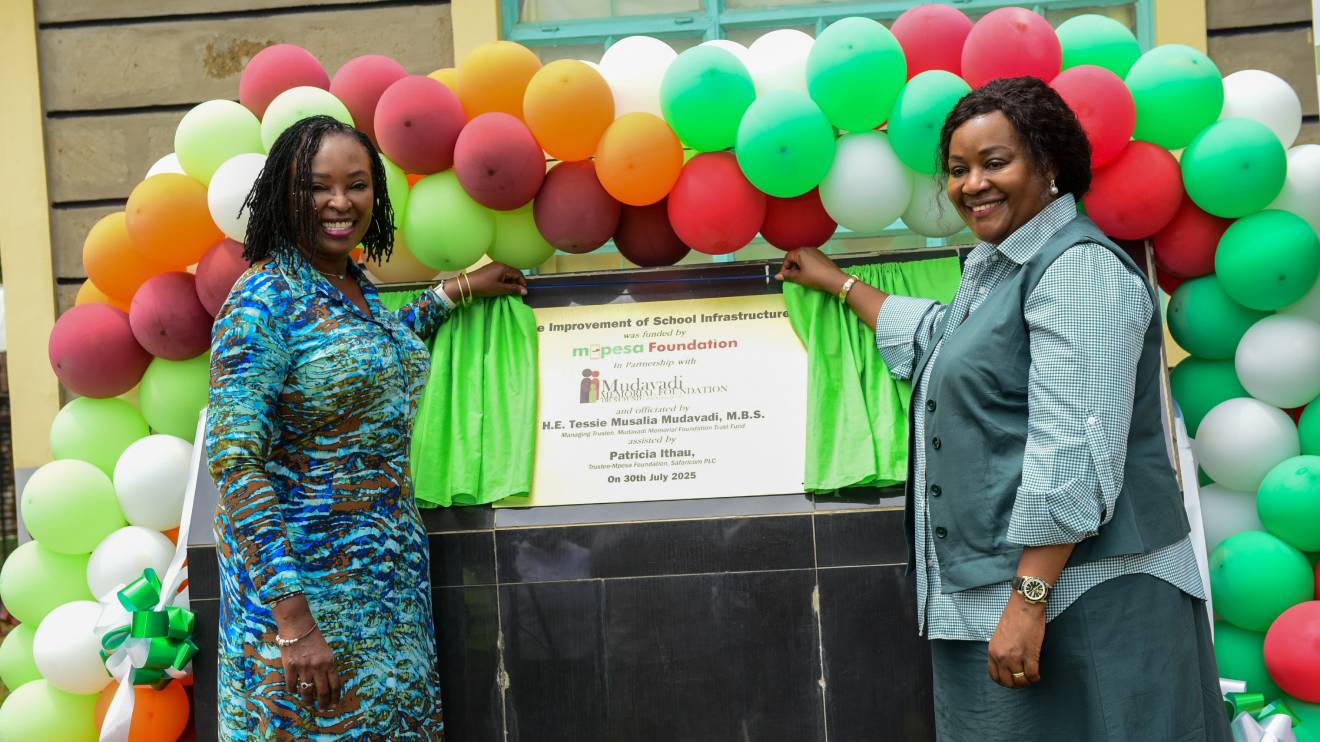
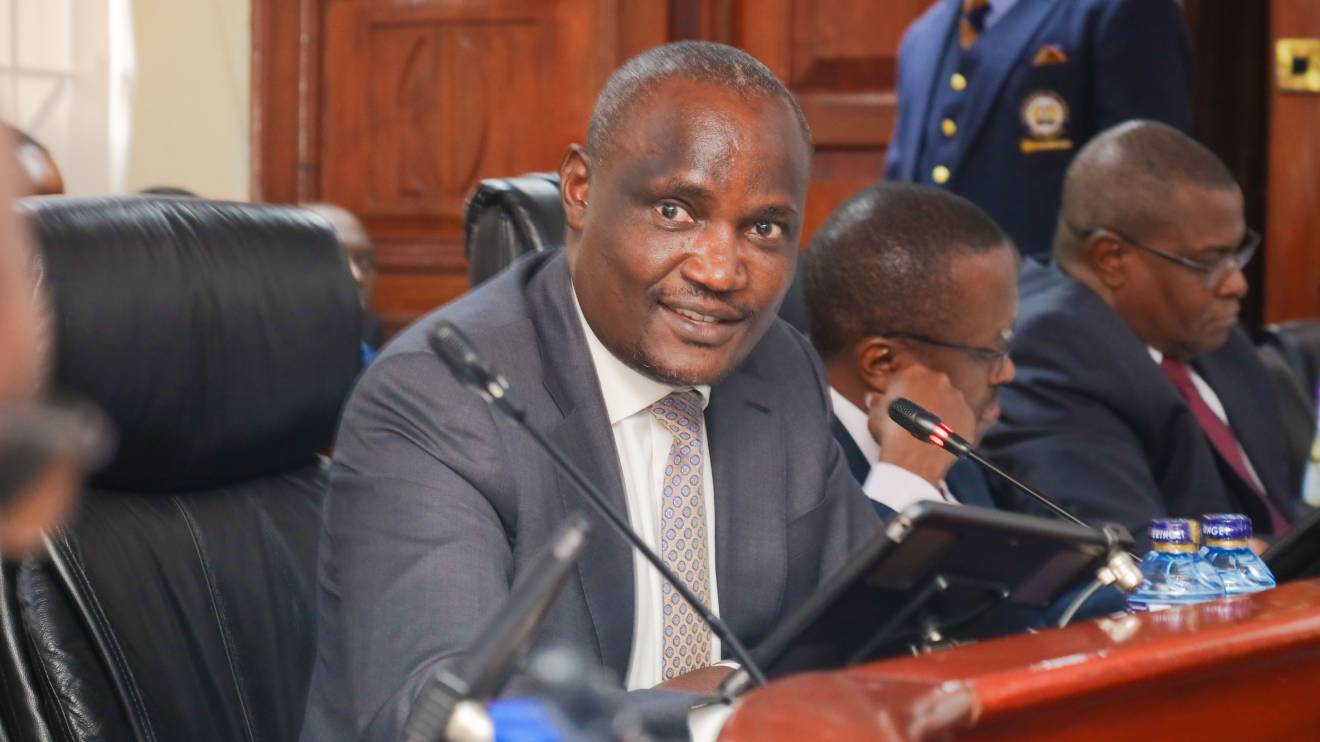
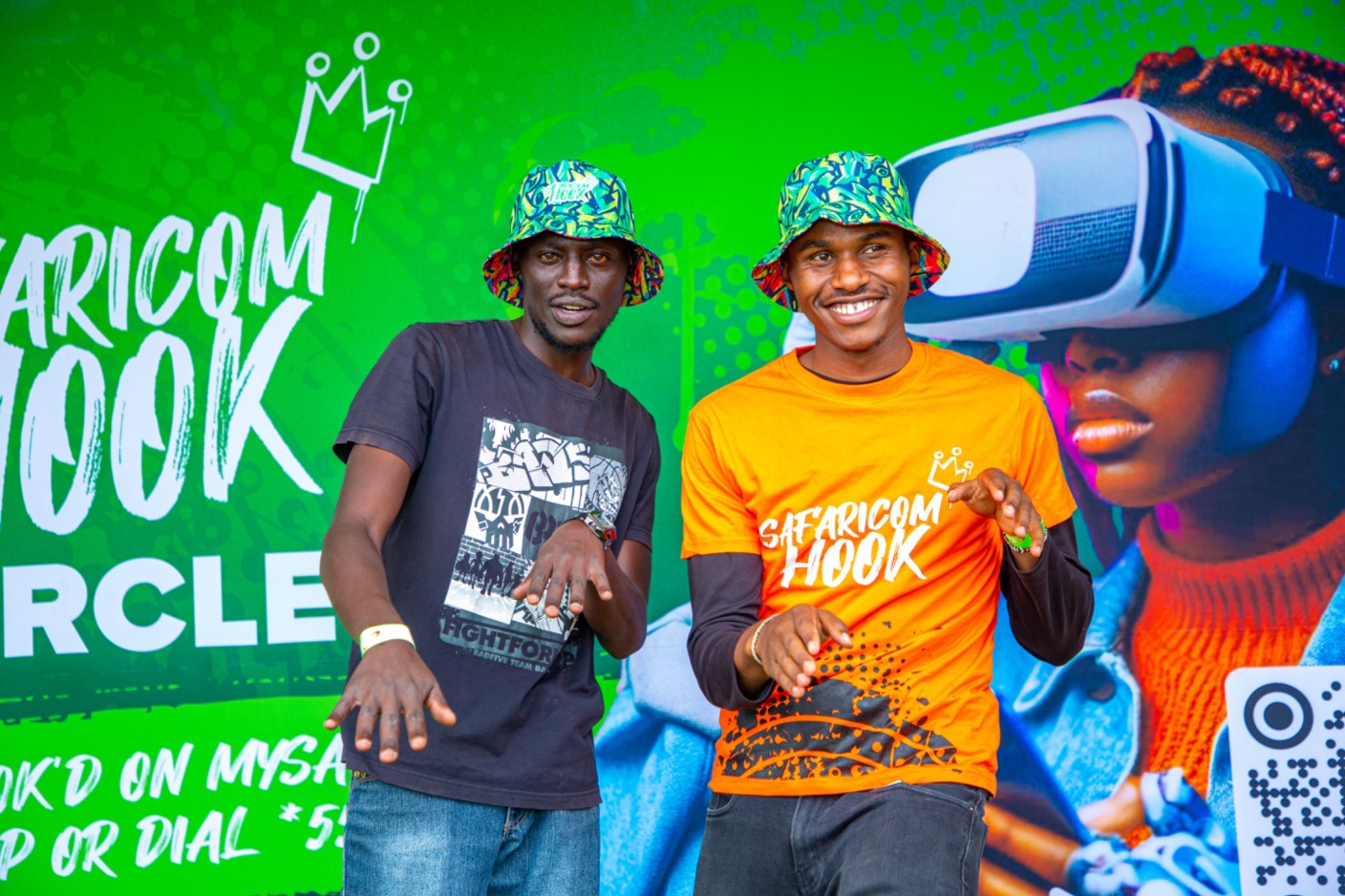
-1752797011.jpeg)
